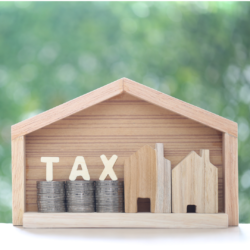Tips for Investing in Texas Real Estate
Tips for Investing in Texas Real Estate If you’re considering investing in Texas real estate, here are some tips to help you get started: Do your research: Before investing in any property, it’s important to do your due diligence. This includes researching the local real estate market, analyzing property values and rental rates, and assessing Read more about Tips for Investing in Texas Real Estate[…]










